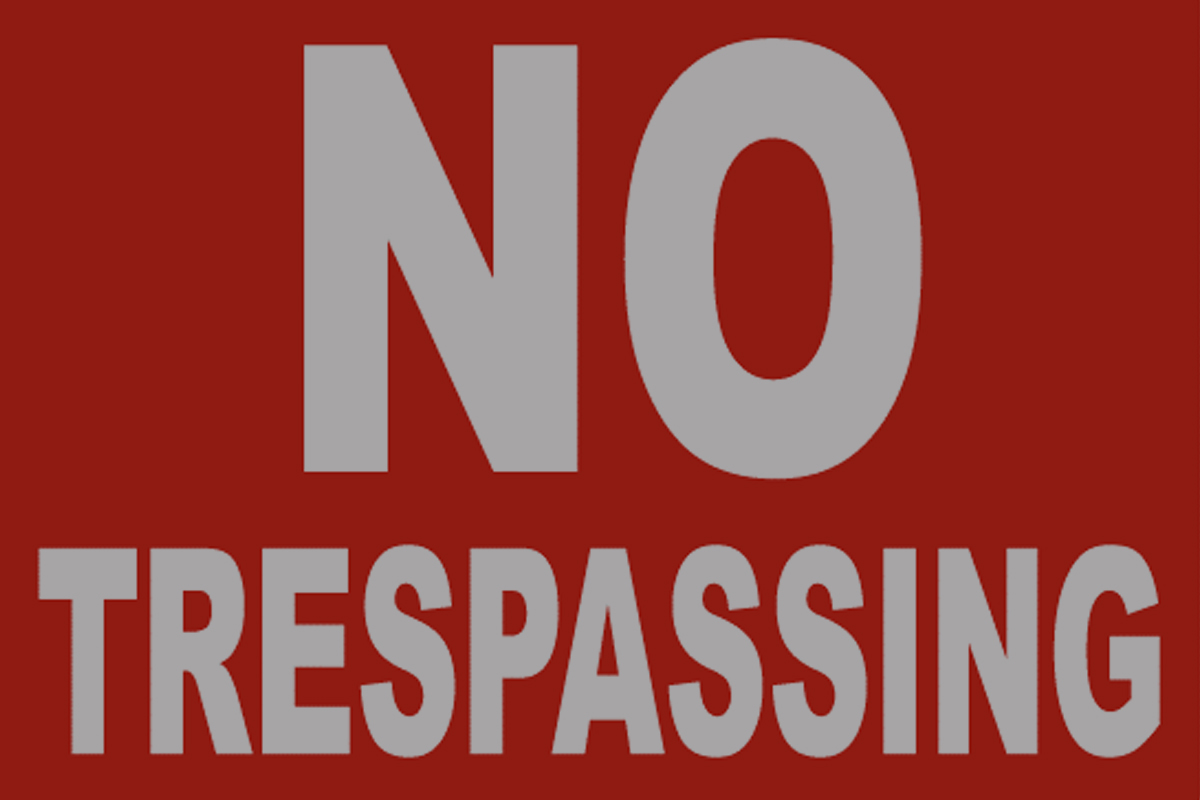In 2011, Wisconsin enacted Wis. Stat. § 895.529 “Civil liability limitation; duty of care owed to trespassers.” The statute provides generally that “a possessor of real property owes no duty of care to a trespasser.” Wis. Stat. § 895.529(2). There are two exceptions to this immunity. First, a “possessor of real property” may be liable under certain circumstances to injuries to children. Wis. Stat. § 895.529(3)(b). A “possessor” of real property may also be liable if that person “willfully, wantonly, or recklessly caused injury or death” to the trespasser. Wis. Stat. § 895.529(3)(a). Even then, the “possessor of real property” can still be immune from liability if that person used “reasonable and necessary force” while acting in self-defense, in the defense of others, or in the defense of property. Wis. Stat. § 895.529(3)(a).
The statute provides a strong immunity defense against claims for negligence and even intentional torts such as battery for those who qualify as “possessors of real property.” Pursuant to Wis. Stat. § 895.529(2), a “possessor of real property means an owner, lessee, tenant, or other lawful occupant of real property.” Recently, for the first time, the Court of Appeals provided guidance on who qualifies as a “lawful occupant” of real property.
In Stroede v. Soc’y Ins., 2020 WI App 8, 390 Wis. 2d 817, 939 N.W.2d 614, 619 (2020), the Court of Appeals provided a broad definition of who is a “lawful occupant” and thus entitled to the immunity protections under Wis. Stat. § 895.529. In that matter, the plaintiff was drinking at a bar, became intoxicated, urinated on himself, and punched another patron. Id. at ¶ 2. Staff at the bar ordered the plaintiff to leave. Another employee of the bar was also present, but not working and was with his family. Id. The plaintiff tried to reenter the bar after being ordered to leave and knocked over a table and glasses. Id. The employee who was present at the bar with his family then grabbed the plaintiff by his shoulders and directed him out of the bar, at which point the plaintiff fell down the stairs and hit his head. Id. The employee who was with his family then placed him on the grass and bar staff called the police. Id. The plaintiff sued for personal injuries and alleged that the employee who was with his family was negligent in the manner he removed him from the bar. Id.
The employee, the bar, and their insurers all filed motions for summary judgment. Id. at ¶ 4. They argued that the employee who was with his family was entitled to immunity pursuant to Wis. Stat. § 895.529 as the plaintiff was a “trespasser” at the time he was injured and because the employee who was at the bar with his family was a “possessor of real property.” Id. ¶ 4-6. The circuit court agreed that the patron was a trespasser, but held that the employee, who was not working but was there with his family, was not a “possessor of real property” under Wis. Stat. § 895.529(1)(a) as he was a patron, not an employee at the time of the incident. Id. at ¶ 6-7
On appeal, the Court of Appeals reversed the circuit court’s decision and held that the employee was a “possessor or real property” pursuant to the statute and was entitled to immunity regardless of whether the employee was acting as a patron or employee at the time of the incident. Id. at ¶ 20-23. The Court of Appeals concluded that the term “occupant” is the equivalent of a “lawful presence.” Id. The court further held that the legislature, by separating in the statute the term “other lawful occupant” from the terms “owner, lessee, and tenant” created a separate category of individuals who do not exert the control of an owner, lessee, or tenant of property. Id.
Under this interpretation, anyone lawfully present on a premises at the time of an incident is an “other lawful occupant” and can potentially claim the immunity outlined in Wis. Stat. § 895.529. This could potentially include categories of people with no ownership or real property interest, such as patrons, invitees, and patients. Notably, on June 30, 2020, the Wisconsin Supreme Court accepted this matter for review.

